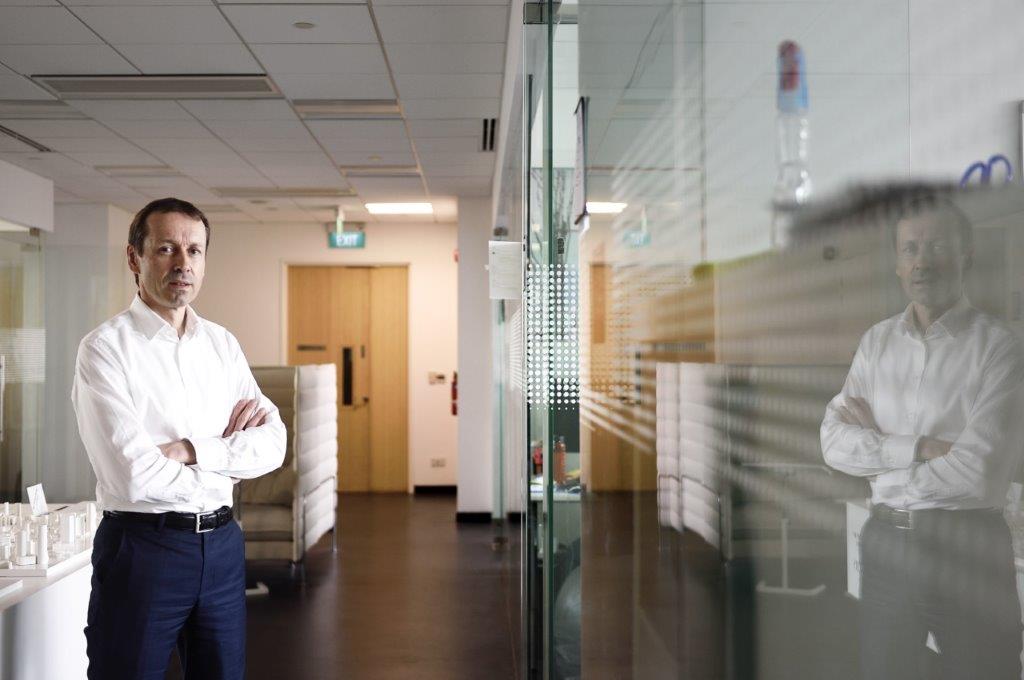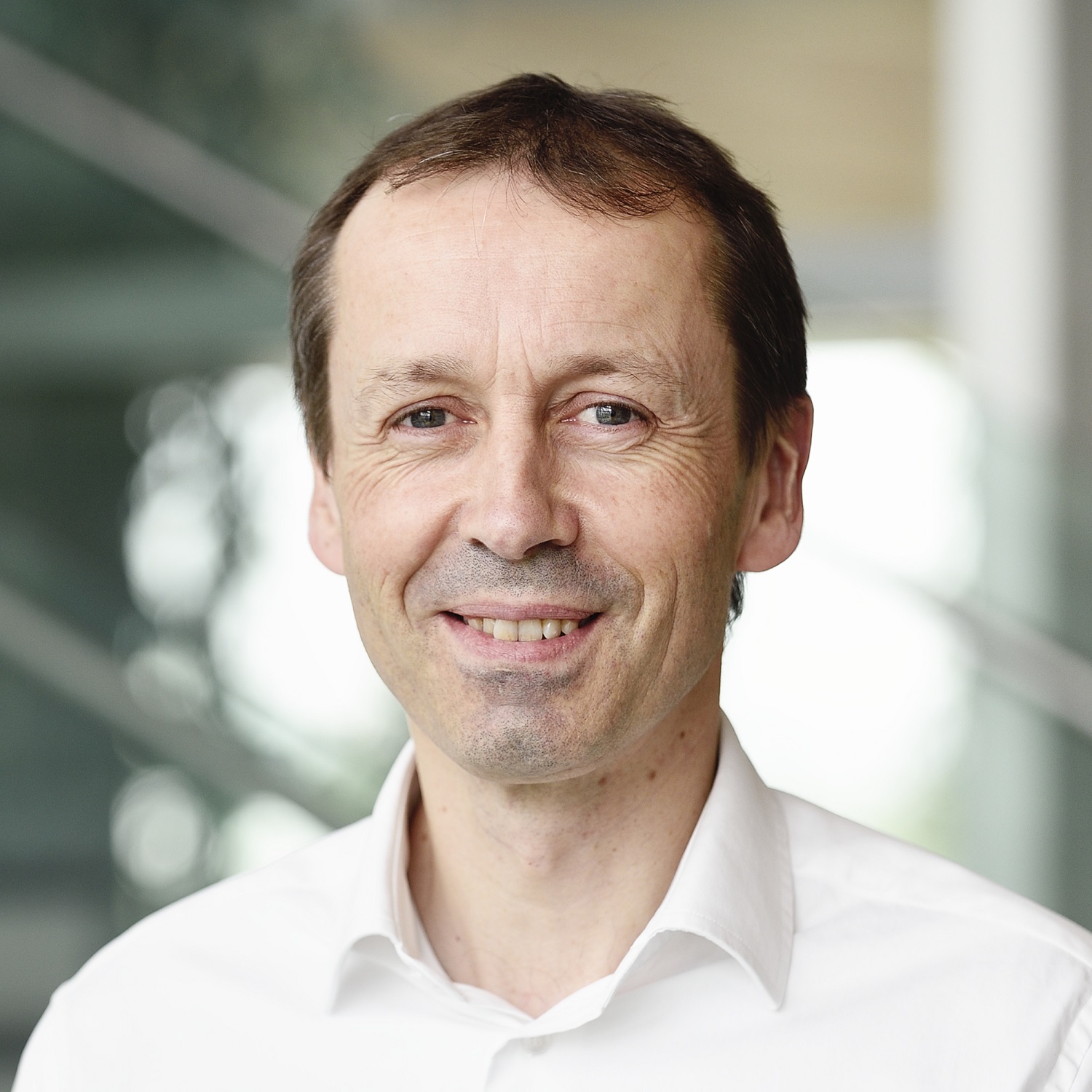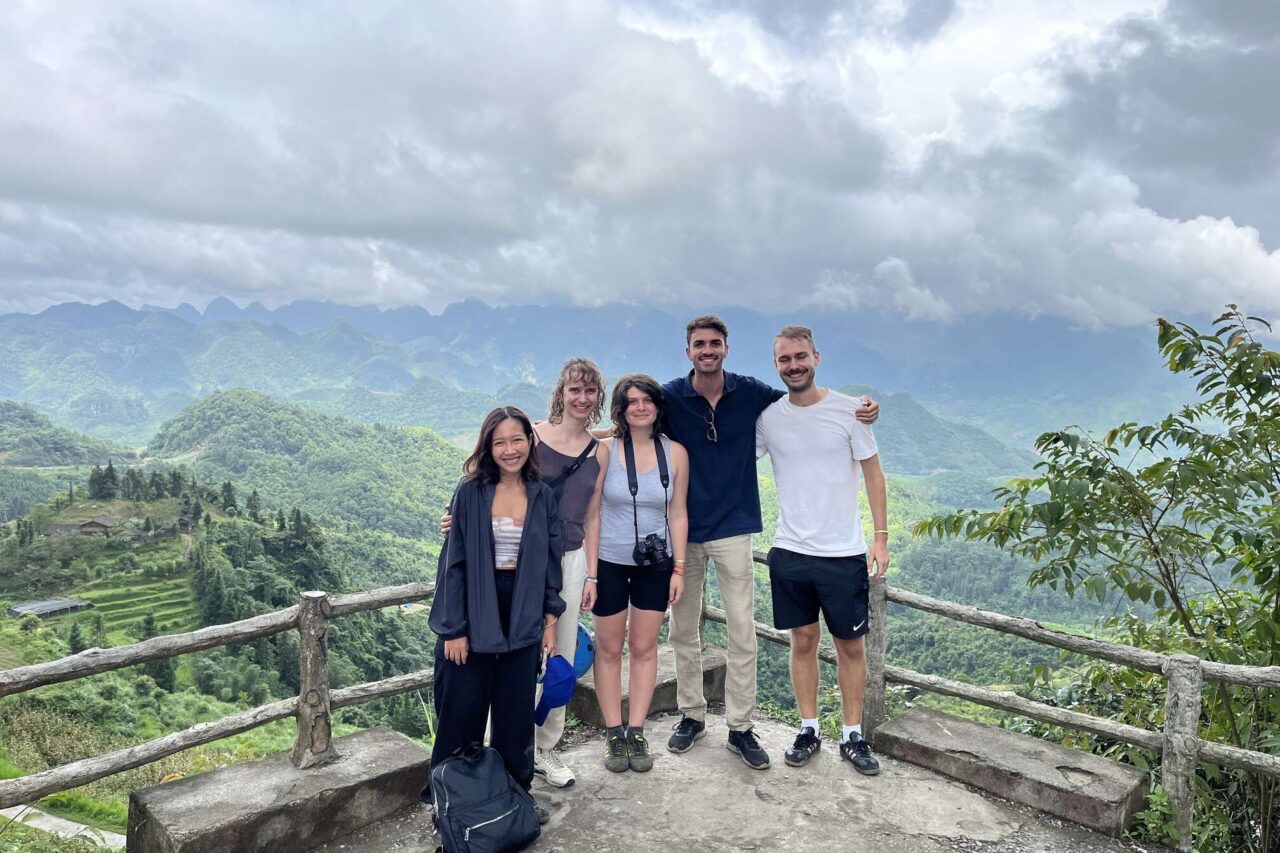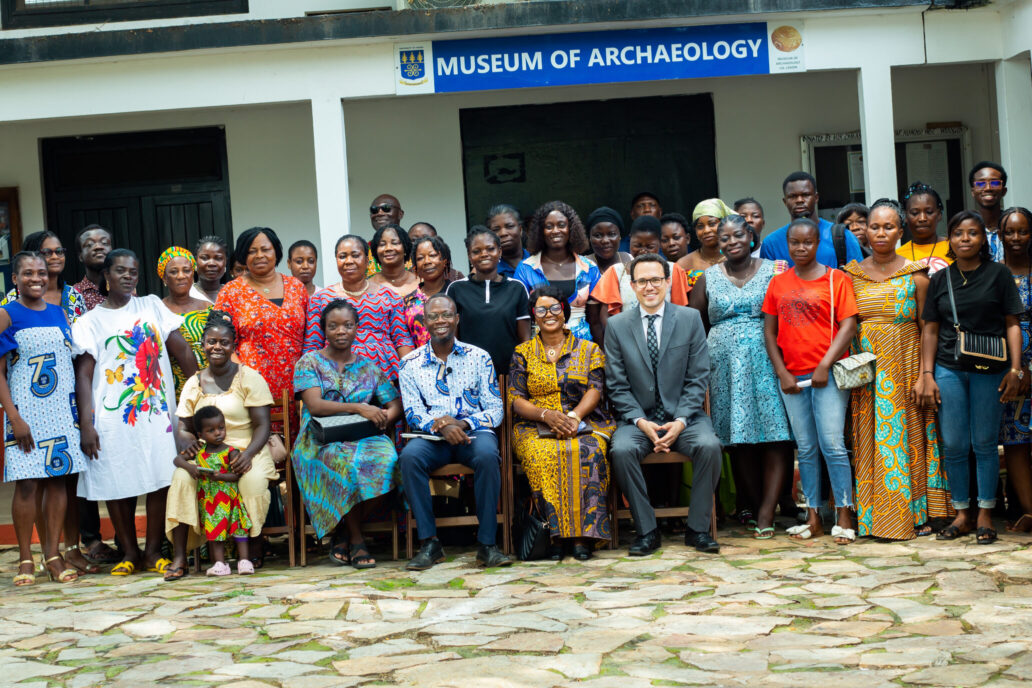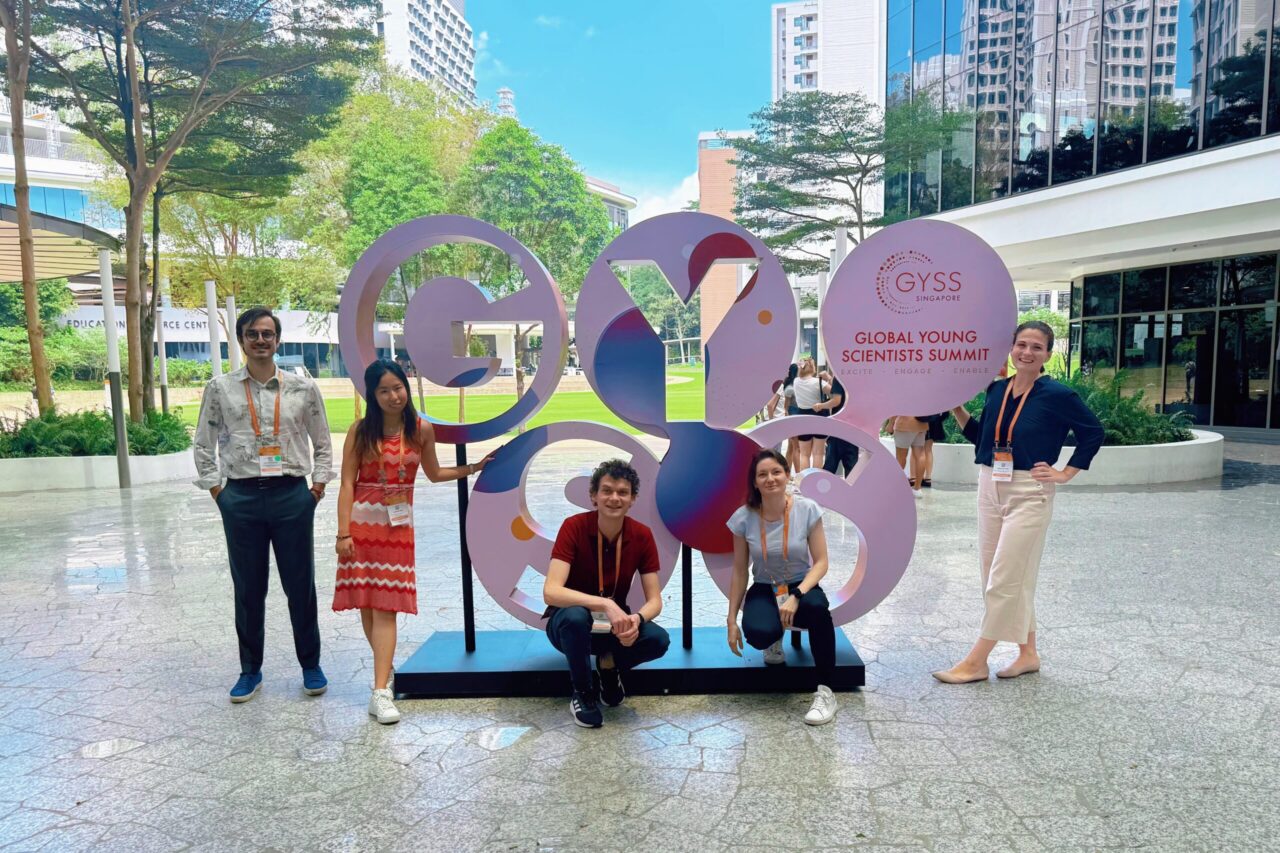The COVID-19 pandemic has affected social and organisational environments around the globe in a multitude of ways. The Singapore-ETH Centre (SEC) is, not surprising, impacted at various levels, given that the centre not only functions as a research institute, but also the provider of education and employment to over 100 persons.
Based in Singapore, the centre is a microcosm of the global community, made up of researchers, technicians and management staff from over 20 countries. It is a lively research hub not only for ETH Zurich and EPFL, but also partner institutions in Singapore. We receive a constant flow of master’s student, researchers on exchange, employees on sabbatical, and the such. This was before COVID-19.


